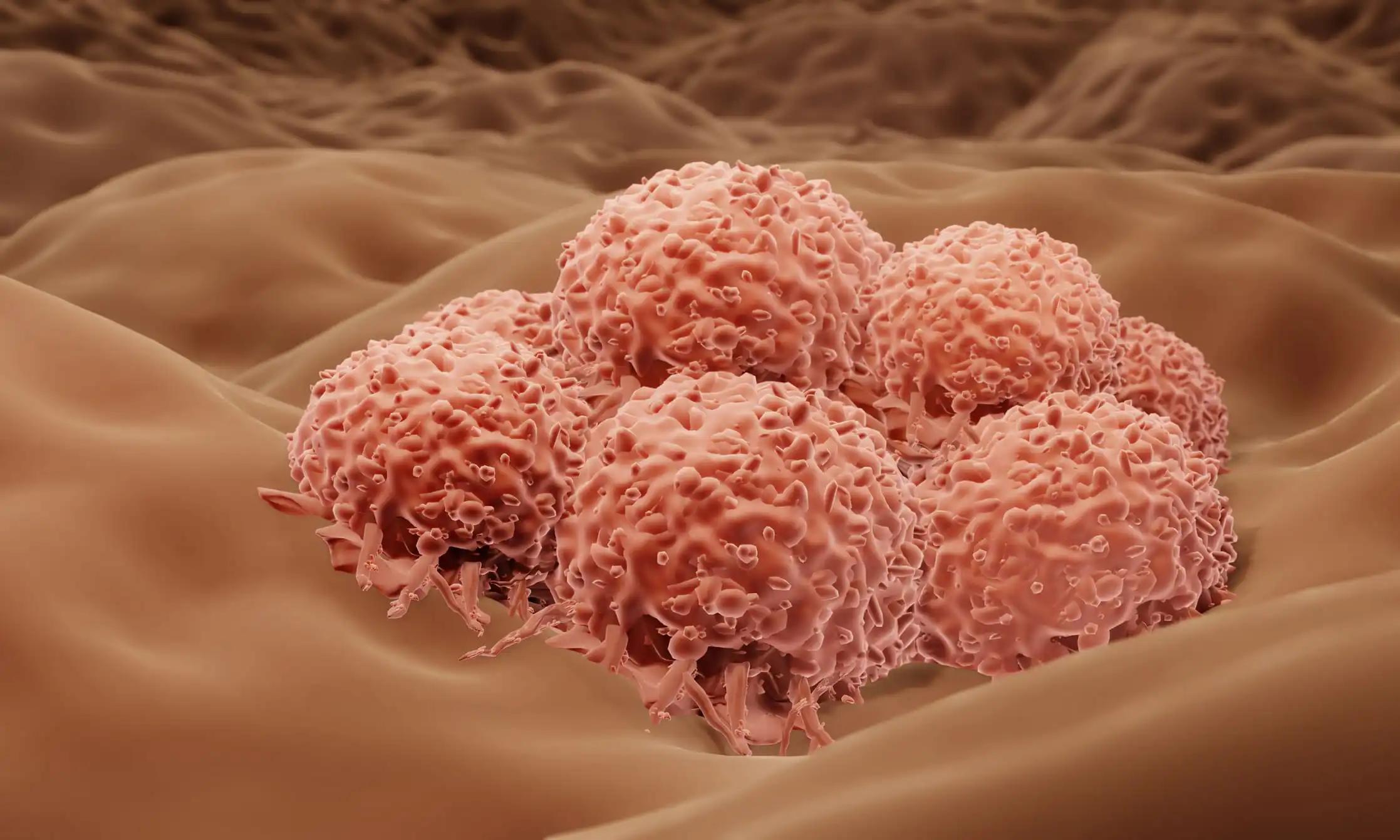KEY TAKEAWAYS
- The study aimed to investigate the role of key gene modules in skin cancer susceptibility and prevention using WGCNA and KEGG analysis.
- Researchers noticed that identifying critical gene modules provides new insights into skin cancer etiology and potential prevention strategies.
Skin cancer, a prevalent and increasing global health issue, underscores the need for effective prevention strategies to alleviate the challenges of screening, treatment, and mortality. Recent KEGG research has underscored the significant role of red module genes in protein digestion and absorption.
These findings offer crucial insights into the molecular mechanisms linked to skin cancer susceptibility, highlighting potential targets for developing preventive measures.
Rui Yuan and the team aimed to assess the impact of key gene modules on skin cancer prevention, focusing on their role in elucidating disease mechanisms and identifying novel preventive targets.
They performed an inclusive analysis of the GSE66359 dataset using the “limma” package in R, identifying 600 differentially expressed genes (DEGs). Gene Ontology (GO) analysis revealed that these DEGs were significantly enriched in biological processes such as chromosome segregation, cellular components like chromosomal regions, and molecular functions including DNA replication origin binding.
Pathway analysis through KEGG and Gene Set Enrichment Analysis (GSEA) highlighted the cell cycle as a key enriched pathway. The study identified significant genes, including COL5A1, CTHRC1, ECM1, FSTL1, KDELR3, and WIPI1, which were pivotal in the context of skin cancer.
About ECM1 and WIPI1, which were found to significantly prevent skin cancer, the study established a coexpression network using Weighted Gene Co-expression Network Analysis (WGCNA) to explore modules associated with skin cancer susceptibility and cardiovascular disease genes.
The analysis revealed that these key genes play a crucial role in the prevention of skin cancer, contributing valuable insights into potential mechanisms for disease mitigation.
The study concluded that identifying a specific module and several critical genes provides essential insights into the etiology of skin cancer. These findings contribute to a deeper understanding of the molecular mechanisms involved in disease prevention.
The study was funded by the medical research project of The People’ Hospital of Yubei District , Chongqing.
Source: https://pubmed.ncbi.nlm.nih.gov/39073152/
Yuan R, Bai Y, Du H, (2024). “Screening of key modules and key genes in the prevention of skin cancer development based on gene volcano plot and WGCNA.” Skin Res Technol. 2024 Jul;30(7):e13873. doi: 10.1111/srt.13873. PMID: 39073152.



